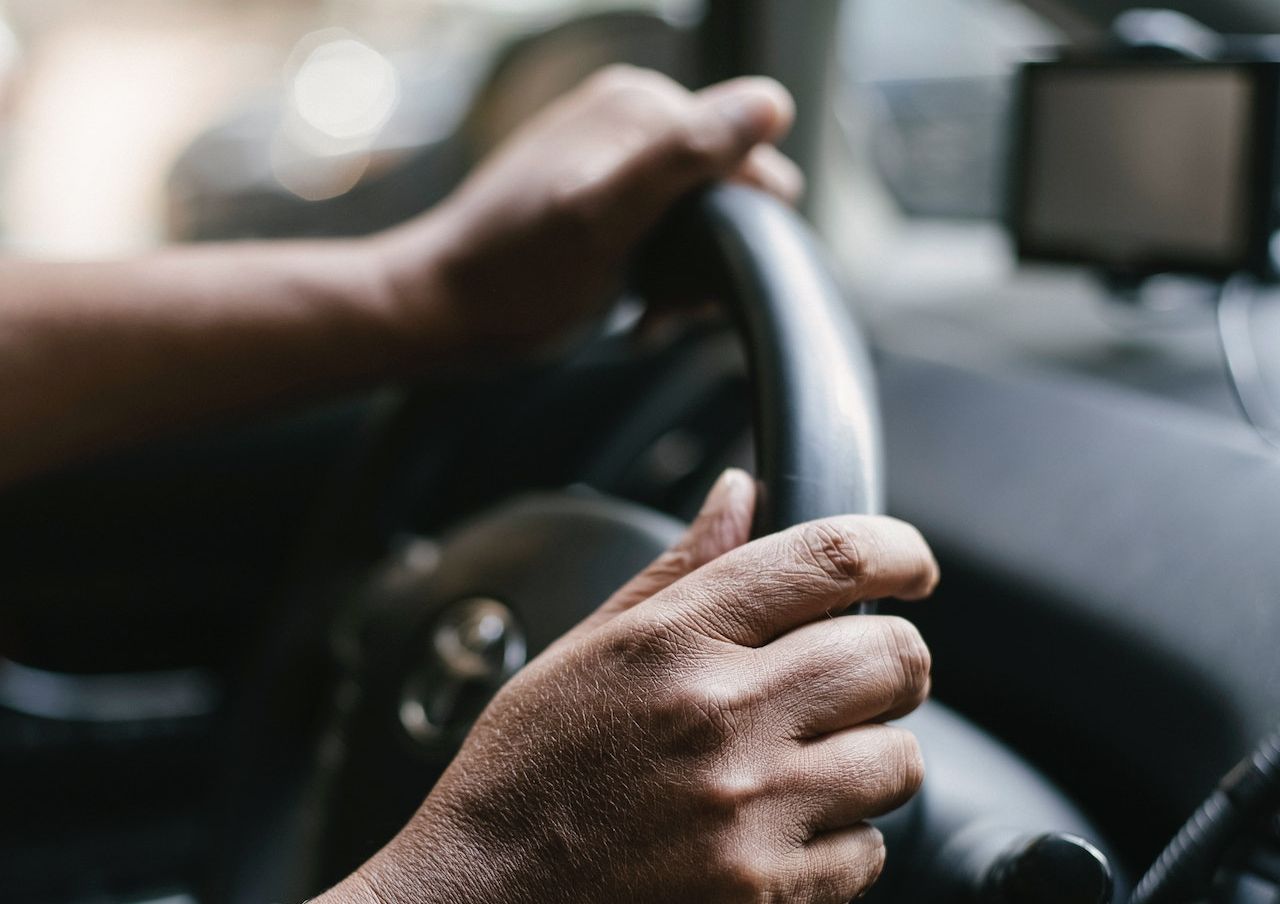Many taximeters currently use GPS technology. GPS offers several advantages to taximeters. First, it allows for the accurate calculation of the distance covered by the taxi, which is essential for calculating the fare. It also allows for the taxi to be tracked in real time, which can be beneficial for both the passenger and the taxi driver.
The use of GPS to help the taxi passenger is twofold. First, it allows the passenger to know exactly where the taxi is located and when it will arrive. This helps to reduce the uncertainty of waiting for a taxi and also allows the passenger to plan their journey better. Second, it allows the taxi driver to easily find the passenger’s destination without having to rely on the passenger’s directions. This can reduce the chances of the taxi going to the wrong destination and can save the passenger time and money.
One of the differences between the mechanical and electronic taximeter is that the GPS enabled meter can calculate fares more accurately and quickly. As the GPS is constantly updating the location and speed of the taxi, it is able to calculate the fare more accurately than a mechanical meter. This is done by taking into account the time spent in traffic, and the distance traveled. This also helps to reduce the chances of the taxi driver overcharging the passenger.
